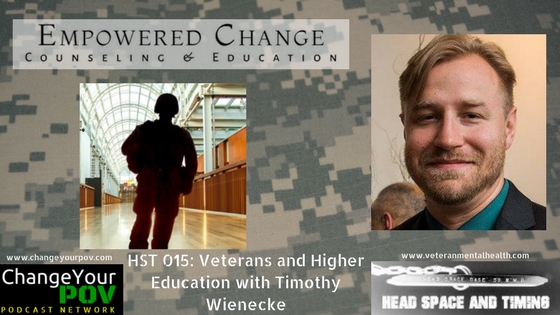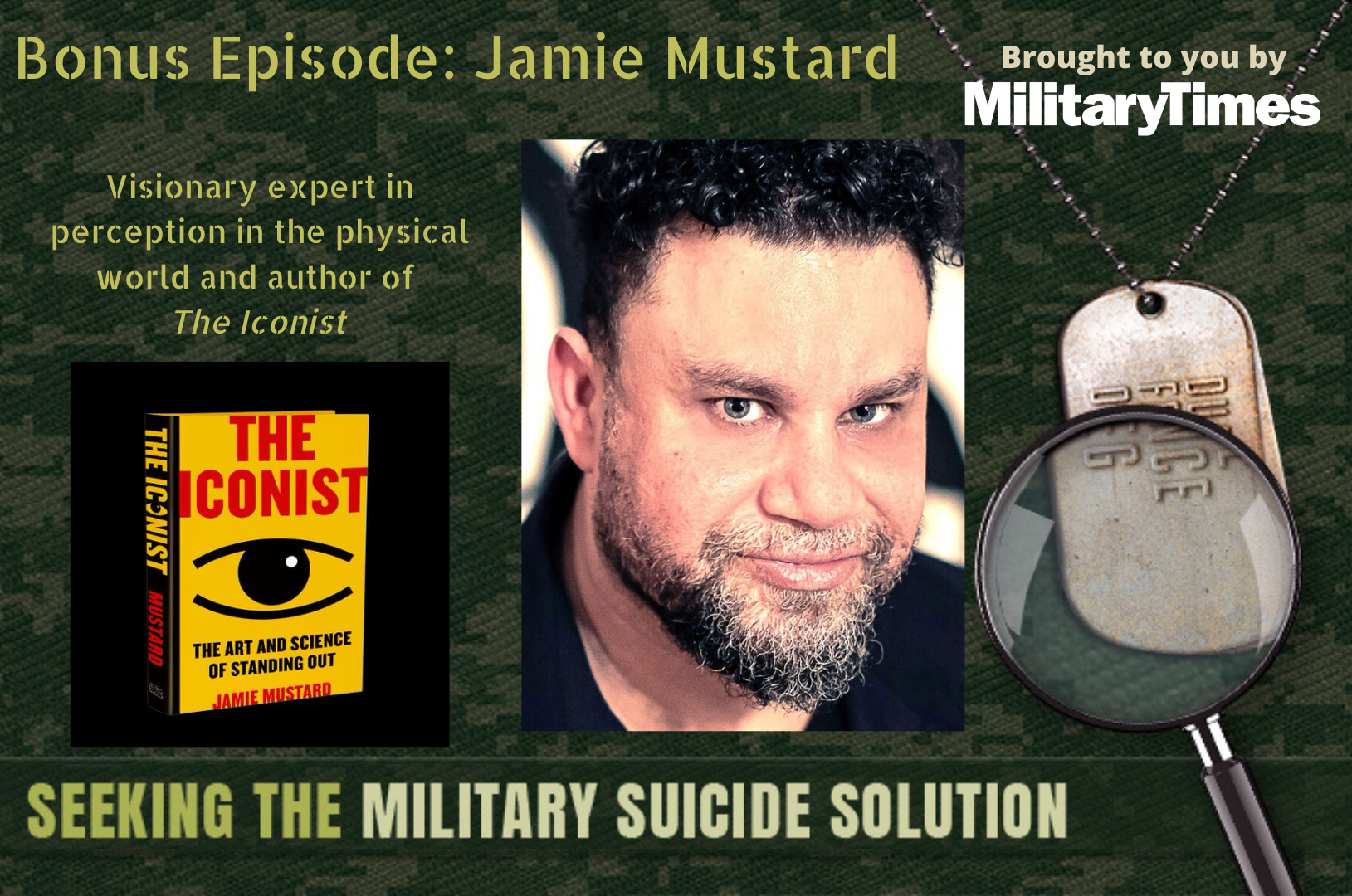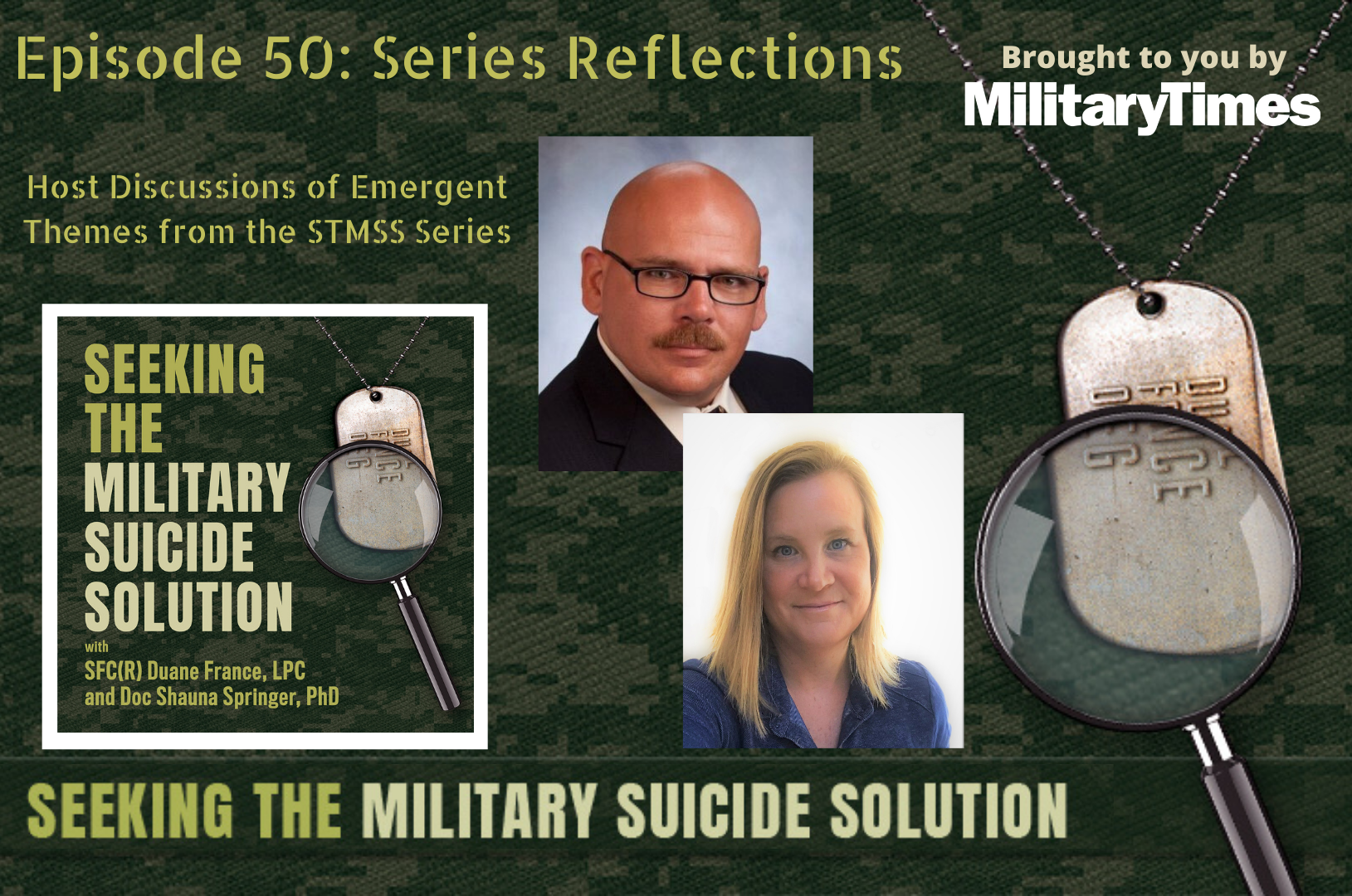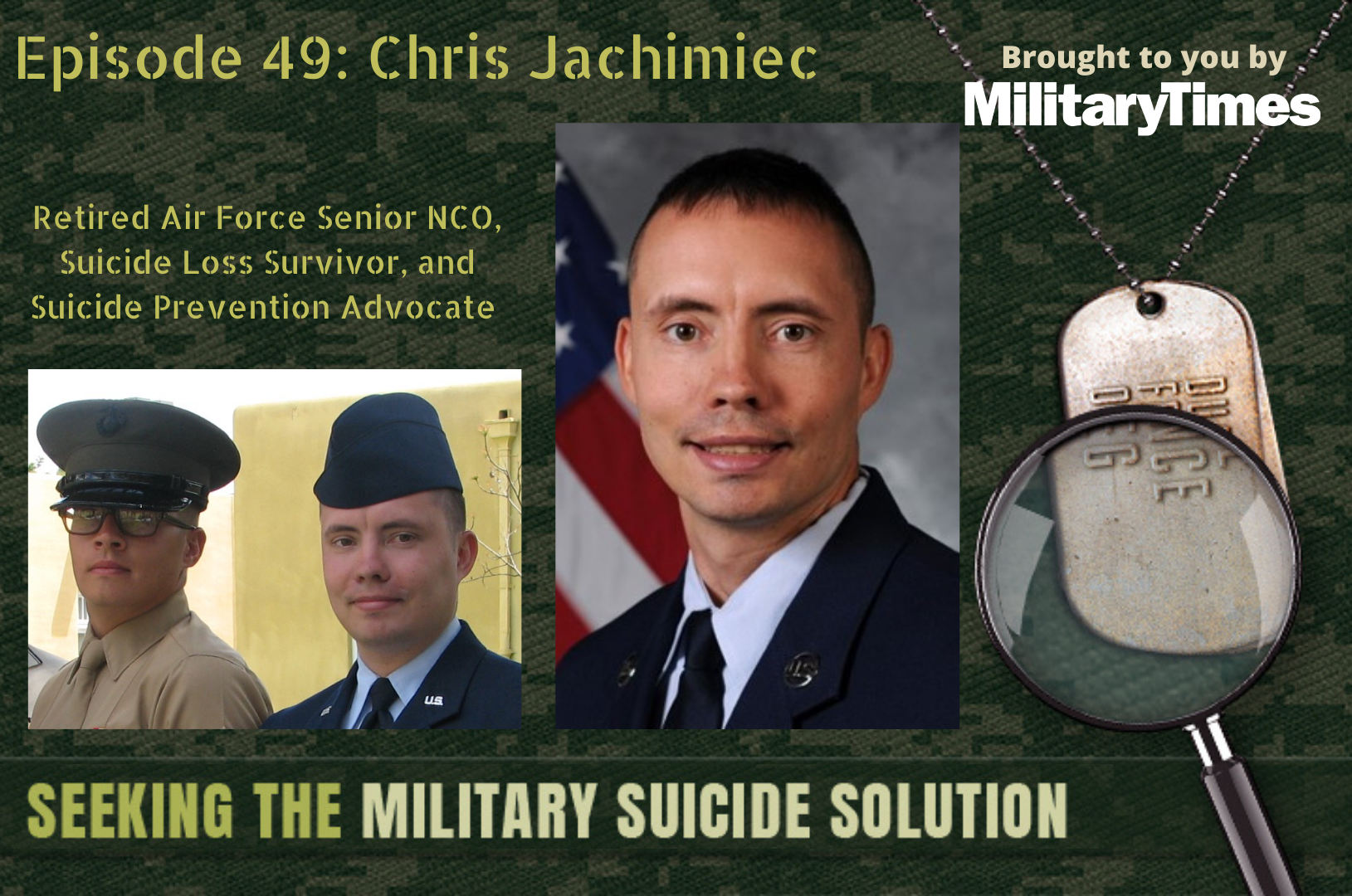Summary:
Tim has spent the last two decades learning with and helping people navigate the hard times life throws at us. He has served as an advocate, representative, Airman, Sergeant, mentor, organizer, educator, and therapist. He uses his experience, passion, and education to empower people with the skills and knowledge needed to find the best way forward.
He owns a private clinical mental health counseling practice in Denver and Golden, Colorado. Prior to his clinical work, he facilitated the Peer Advisers for Veteran Education program at the University of Colorado at Denver. In two years, the program grew from two mentors helping roughly 50 students a semester to pairing every new veteran student with with a sponsor to help them transition into campus life. He also developed and provided staff training for the University on student veteran success and integration and integrated campus and community resources for student veterans and their families to ensure appropriate and needed support was leveraged. Before his career in mental health and education, he served as a Signals Analyst in the United States Air Force for five years.
IN THIS PARTICULAR EPISODE YOU WILL LEARN:
Tim’s military career and experience
The Air Force Bystander Program in response to Sexual Assault
Joining the military and transition out of the Air Force
How military service support his work in the mental health counseling field
Cultural Identity in Clinical Mental Health Counseling and Veteran attitude towards mental health counseling
The difference between college before the military and after the military
The CU Denver PAVE Program
Peer Mentorship being one of the key components to academic success
The value of mentorship both in the military and out of the military
The distinction between advocacy, resourcing, and being a clinical mental health counselor
Challenges in transitioning out of the military into college
The challenge in deciding what a veteran wants to keep from their military career, and what type of civilian they want to be
Some veterans want to continue to fully identify as a veteran once they leave the military, and other veterans want to distance themselves from the military as much as possible
The visible shift between when a veteran has made the transition between service member and civilian
Staying immersed in a veteran community if it’s part of your chosen post-military career as opposed to a different career field
Non-veteran mental health professionals serving veterans. Find a clinician that does what you need help in
Overcoming the “need” to “only” see a mental health professional who is a veteran
Protective factors against Veteran Suicide: Family, Peer Support, Mental Health Professionals
Therapy for therapists and doing our own work
Shame as one of the most significant barriers to getting help
LINKS AND RESOURCES MENTIONED IN THIS EPISODE:
Tim’s Guest Posts on the Head Space and Timing Blog:
The Veteran Scholar: 5 Things to Look At When Choosing a College
The Veteran Scholar: 5 Things That Will Make Your First Year of College Better.
The Veteran Scholar: Five things to do during your last year of college
Empowered Change Counseling and Education
Email: timothywienecke@empoweredchangeCE.com

Want to keep up with all of the Head Space and Timing content? Subscribe Here
You can be sure to find future episodes of Head Space and Timing by subscribing through your Podcast player of choice, like iTunes. Make sure to leave a review…see how here
Using an app makes subscribing and listening to podcasts (both ours and others) so much simpler. Just subscribe to Head Space and Timing within your app and it will automatically update every time a new episode is released. You can also find all of the podcast players here.
Do you want to check out Duane’s latest book, Combat Vet Don’t Mean Crazy? Check it out by finding it on Amazon.



